
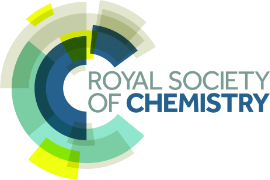
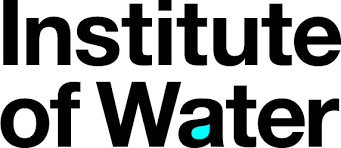

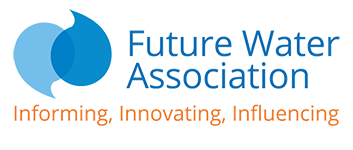




To conclude 2021's Water Climate Discussion series, and determine the next steps for Water Climate collaboration and action as we move beyond COP26, please join us on Thursday 2nd December:
Please consider:
How can the global water sector best collaborate, speaking to the world with one voice on Water Climate issues?
How best can we help water professionals working on similar solutions identify and support each other?
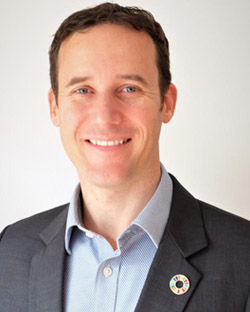 Nathanial Matthews
Nathanial Matthews
Chief Executive Officer, Global Resilience Partnership
Nathanial Matthews is Chief Executive Officer at the Global Resilience Partnership, a group of over 60 organisations joining forces to surface and scale innovation, share knowledge, influence policy and advance thinking on resilience.
Nate previously worked in leadership roles with the CGIAR, UNEP, the International WaterCentre, NGOs and in the private sector. He has experience overseeing the implementation of hundreds of resilience and adaptation projects and programs in partnership with governments, NGOs and the private sector across more than 30 countries. He combines this practical experience with policy engagement from local to international scales. Nate’s expertise has been recognized through contributions to various global networks, boards and committees including as a Lead Author in The Intergovernmental Science-Policy Platform on Biodiversity and Ecosystem Services (IPBES), an Obama Foundation Mentor, a Munich Re Risk Award Judge and as part of the leadership team of the Ocean, Risk and Resilience Action Alliance. He has a PhD in Geography from King’s College London and has published over 65 research articles and two books on climate change, agriculture, water management and ecosystems.
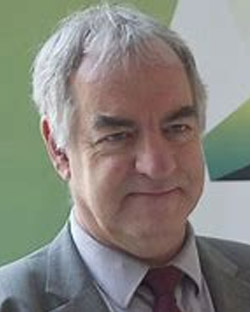 Graham Alabaster
Graham Alabaster
UN-Habitat
Dr Graham Alabaster is a public health engineer by profession and is UN-Habitat’s Head of office in Geneva, where he represents the Office of the Executive Director of UN-Habitat. He is responsible for liaison with Geneva-based member states and organisations. He holds a BSc in Chemical Engineering and a PhD in Civil Engineering. After an early career in academic research and post-doctoral researcher in the UK and Africa, and a period in industry, he joined UN-Habitat in 1992. Since then he has looked after many different portfolios including: Slum upgrading, environmental infrastructure; health and environment; Water, Sanitation and waste management. In addition, he has been responsible for developing relationships with the regional development banks and the private sector. During this period, he has been on secondment to both the World Health Organisation, and UNHCR, where he has applied his expertise to preventative health in urban settings and humanitarian environments. The work has usually included both policy advice to members states and project design and implementation. He was responsible for the development of the UN-system wide monitoring mechanism for SDG 6 on Water, and also the co-custodian of indicator 6.3.1 on wastewater. He is currently the co-chair of the RBM End Malaria Now, Multi-sectoral working group. In addition, he represents UN-Habitat on many inter-agency bodies and advisory groups. He has also produced a variety of publications including global reports and technical papers in journals. He has over 35 years- experience in the urban sector and has worked in over 50 countries in all regions of the world.
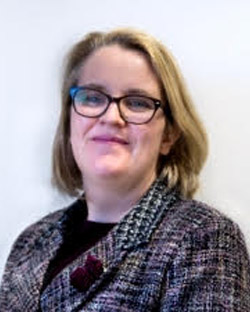 Emma Wilcox
Emma Wilcox
Chief Executive, SocEnv; Board Member, Future Water Association
Emma began her career at the National Physical Laboratory after completing her PhD in physical metallurgy at the University of Surrey and her degree and Masters in Materials Science at Brunel University. Building on her academic background, Emma’s career has spanned knowledge transfer, training and skills across various technical disciplines. Having established the Energy and Efficiency Industrial Partnership and playing critical roles in creating two Skills Academies, Emma became the Chief Executive of the Society for the Environment, the Chartered Organisation responsible for registering environmental professionals, in 2015. Emma is a Chartered Environmentalist and Fellow of IOM3 as well as a Chartered Fellow of the Chartered Management Institute and a graduate of the Goldman Sachs 10k Small Business Programme.
As well as the Chair of the IOM3 Sustainability Development Group (SDG), Emma is a member of the UK Government’s Green Apprenticeships Advisory Panel (GAAP) and a Board Member of the Future Water Association.
Emma is passionate about sustainable development, noting that ‘many of the environmental challenges we face stem from our use of materials’. She strongly believes materials professionals are vital to a sustainable future and the SDG is a body of expertise to respond to critical issues about sustainable development and the environment.
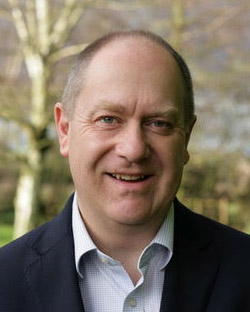 Martin Baxter
Martin Baxter
Policy and External Affairs Director and Deputy CEO, Institute of Environmental Management and Assessment (IEMA)
Martin Baxter is Policy and External Affairs Director and Deputy CEO at the Institute of Environmental Management and Assessment (IEMA). Martin works in the UK and internationally to support the transition to a low carbon, resource efficient and sustainable economy and to reverse the decline of the natural environment.
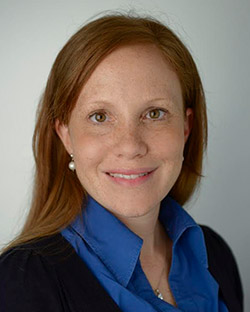 Amanda Lake
Amanda Lake
Water Process Lead - Europe, Jacobs
Amanda is a Chartered member of IChemE and committee member on the Water SIG, with 20 years experience in the water industry. She currently works for Jacobs in their European water business as process lead and delivers work in water and wastewater treatment and interrelated opportunities in resource recovery, circular economy and carbon.
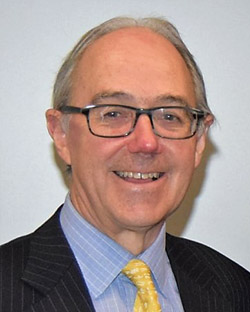 Ian Barker
Ian Barker
Vice President Environment, Institute of Water
Ian Barker is Managing Director of Water Policy International Ltd, an independent consultancy advising on water management, regulation, policy and governance. He is also Vice-President Environment and Director at the Institute of Water; a Director and Honorary Fellow of the Society for the Environment; a Director of the Water Industry Forum and a Visiting Professor at the University of Exeter Centre for Water Systems. Ian has over 35 years’ experience in the water sector, including overall responsibility at the Environment Agency for water planning, regulation and management, and also fisheries, biodiversity and land management, across England and Wales.
Martin Currie will be hosting the discussion, and posing your questions to our experts. ...read more about Martin
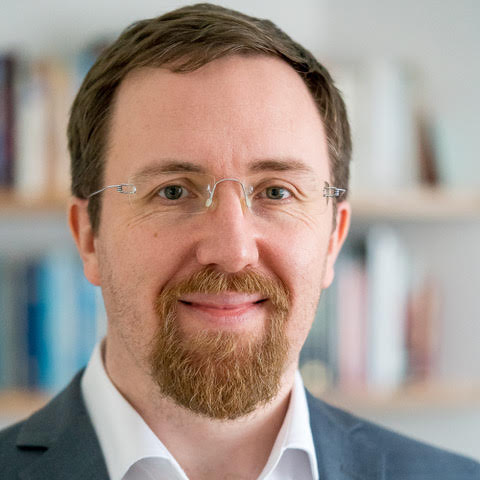
Dr Martin Currie is an independent potable water quality and treatment specialist with Aqueum. He founded andeye at the start of the COVID-19 pandemic, in order to improve the quality of online conferences and help decarbonise and democratise conferences post-COVID. andeye are based just south Glasgow and are providing the platform for this discussion.
Martin lived in Mauritius prior to his return to Scotland, working as an independent water consultant and photographer. Prior to that he lead Atkins’ Middle East Water business from a Dubai base. This included taking the water lead on a number of sustainable city master plans. After a year of consultancy, following his PhD in water treatment, his first long-term role was as a Process Engineer with Thames Water, culminating in the Lead Process Engineer role on their Upper Thames Major Resource Development project.
This event is brought to you by









in association with

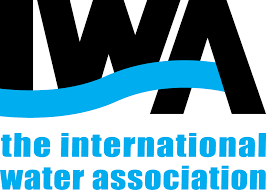


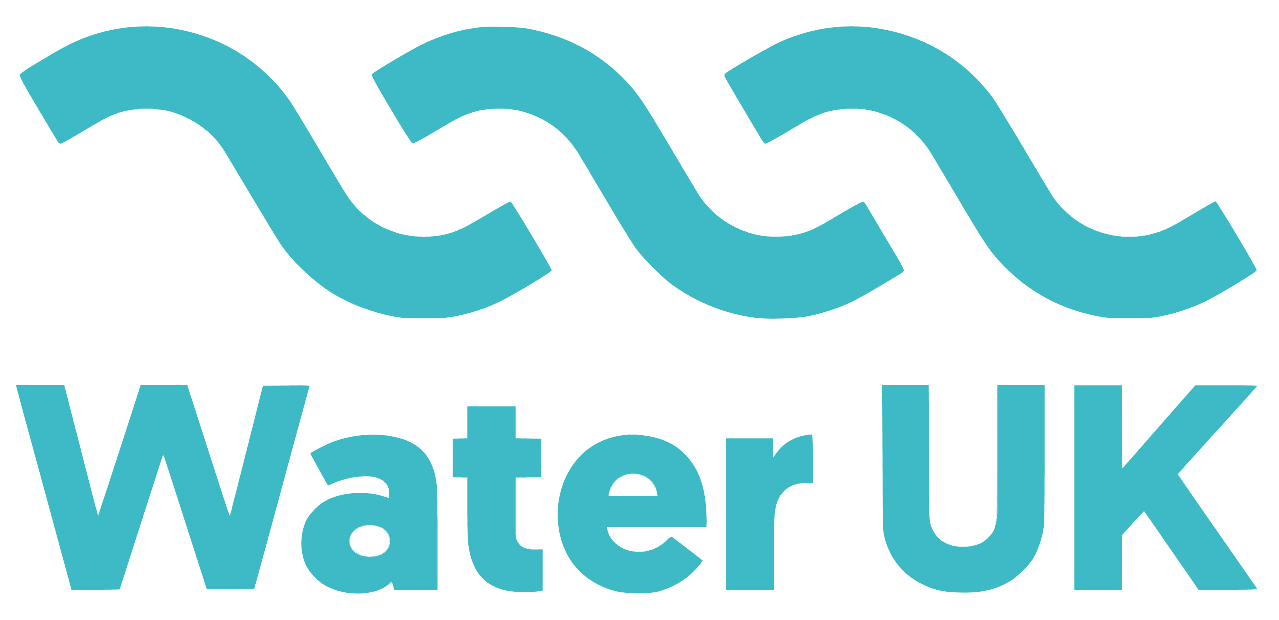






The Water Climate Discussion event will commence at
your local time (2 December 2021 at 9:00am GMT)